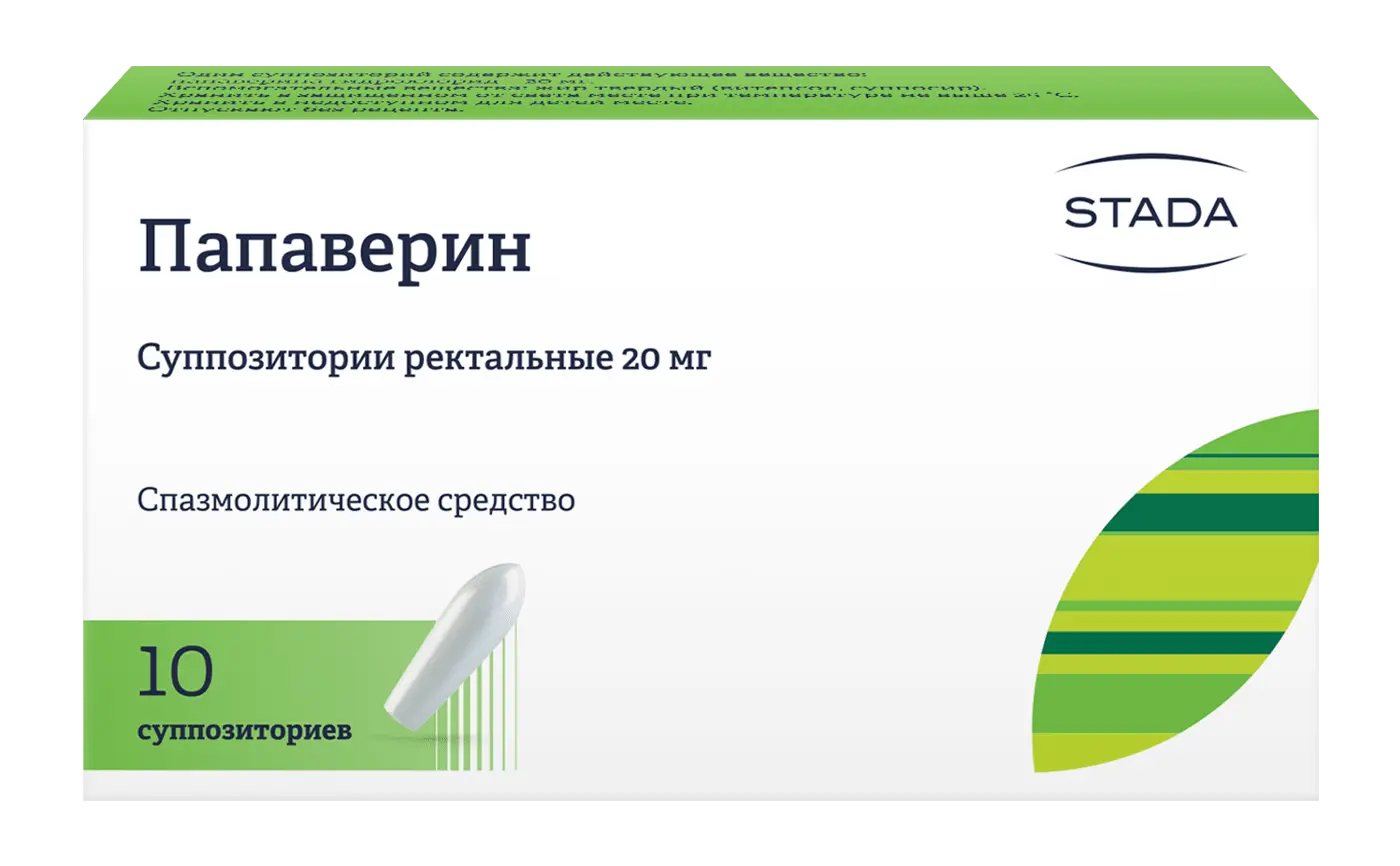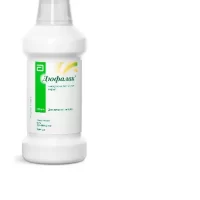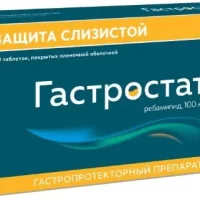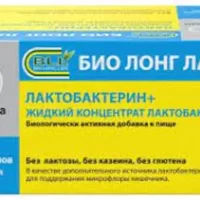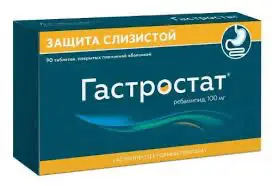Description
Papaverine Pharmacodynamics
Papaverine hydrochloride is a myotropic antispasmodic agent. It inhibits phosphodiesterase, causes accumulation of cyclic 3,5-adenosine monophosphate (AMP) and reduction of calcium in the cell. Relaxes smooth muscles of internal organs (gastrointestinal tract, respiratory tract, urogenital system) and blood vessels. In high doses it reduces excitability of the heart muscle and slows intracardiac conduction. Action of papaverine on central nervous system is weak, but in high doses it has sedative effect.
Indications
Spasm of smooth muscles: abdominal organs (in cholecystitis, pylorospasm, spastic colitis), with renal colic, peripheral vessels (endarteritis), cerebral vessels (migraine), heart (angina – in combination therapy), bronchi (bronchospasm).
Contraindications .
Hypersensitivity to the components of the drug, atrioventricular blockade, glaucoma, severe hepatic insufficiency, older age (risk of hyperthermia), children, as dosage regimen in children is not indicated.
Dosage and administration
- Rectally. After releasing the suppository from the contoured packing, it is inserted into the anus. Used 1 suppository 2-3 times a day after spontaneous bowel emptying or purging enema.

